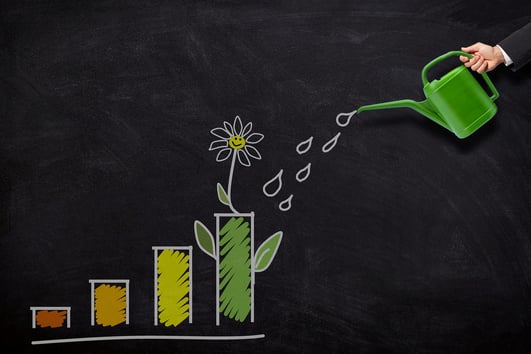Water Sustainability Solutions: Navigating Towards a Greener Future
Discover actionable solutions for sustainable water use in our comprehensive guide. Learn the importance of a water audit in optimizing your consumption.
1/18/20242 min read


In the face of growing environmental concerns, the need for water sustainability solutions has become more pressing than ever. As we grapple with the challenges of climate change and population growth, it is imperative to explore comprehensive and innovative approaches to ensure the responsible use and conservation of our water resources. This article delves into various facets of water sustainability solutions, providing detailed insights and practical measures to pave the way for a greener and more sustainable future.
Current Water Challenges
Water scarcity, pollution, and inefficient water management practices pose significant challenges globally. Rapid urbanization, industrialization, and agricultural activities contribute to the depletion of freshwater sources. Acknowledging these challenges is the first step towards finding effective solutions.
Innovative Technologies in Water Sustainability
Unsustainable water practices not only affect human populations but also wreak havoc on ecosystems. Depleted rivers and lakes disrupt habitats, leading to the decline of various species. The interconnectedness of water systems emphasizes the urgency of addressing these issues comprehensively.
Desalination Technologies
Desalination presents a promising solution to water scarcity, especially in arid regions. Advanced desalination technologies, such as reverse osmosis and solar desalination, offer efficient ways to convert seawater into freshwater, providing a reliable source for communities facing water shortages.
The Impact on Ecosystems
Smart Irrigation Systems
In agriculture, where a significant portion of water is consumed, implementing smart irrigation systems is crucial. These systems utilize sensors and data analytics to optimize water usage, ensuring crops receive adequate irrigation without unnecessary waste.
Water Recycling and Reuse
Wastewater treatment and recycling play a pivotal role in sustainable water management. Cutting-edge technologies enable the purification of wastewater for various purposes, including agricultural irrigation and industrial processes, reducing the strain on freshwater resources.
Empowering communities with knowledge about water conservation is essential. Education and awareness programs foster a sense of responsibility, encouraging individuals to adopt water-saving practices in their daily lives.


Community Initiatives for Water Sustainability
Education and Awareness Programs
Rainwater Harvesting
Harvesting rainwater is a simple yet effective way to supplement freshwater resources. Installing rainwater harvesting systems in residential and commercial buildings can contribute significantly to reducing reliance on conventional water sources.
Government Policies and Regulations
Government Policies and Regulations
Governments play a crucial role in shaping water sustainability policies. Implementing integrated water resource management plans ensures a holistic approach to water conservation, taking into account the diverse needs of communities, industries, and ecosystems.
Water Efficiency Standards
Enforcing water efficiency standards in industries and urban areas is vital. Regulations that promote the use of water-efficient technologies and practices contribute to reducing overall water consumption and minimizing environmental impact.
Conclusion
In conclusion, addressing the challenges of water sustainability requires a multi-faceted approach that combines technological innovation, community involvement, and effective government policies. By embracing and implementing these solutions, we can move towards a future where water resources are conserved, ecosystems thrive, and communities flourish sustainably.
Find us at
Block -B, Plot no.- 52, 3rd floor, Sector - 64, City.- Noida, Delhi NCR, Dist.- Gautam Budh Nagar Pin Code.- 210301, India
For Business Enquiry
Services
Leak Detection & Repair
Water Management Plans
Irrigation System Assessments
Water Bill Analysis
Copyright © 2025 Water Audit | All Rights Reserved
